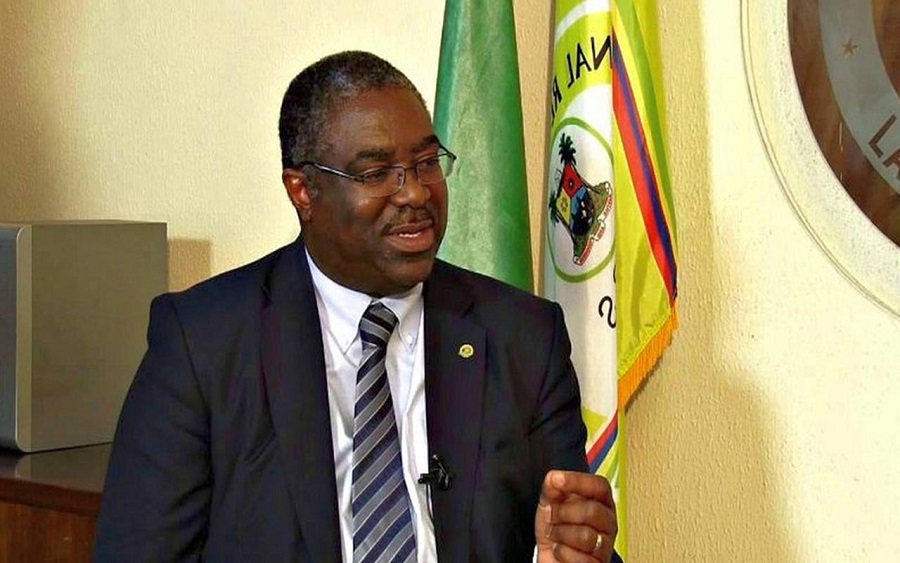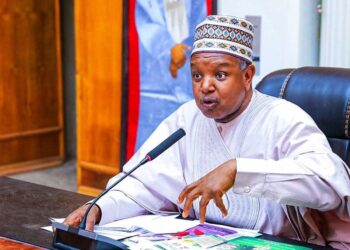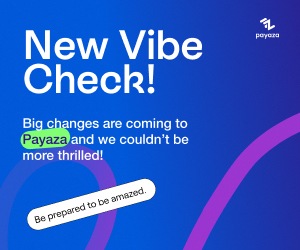Foreign investors looking to invest have been advised to choose Nigeria as their first option for business considering the attractive tax incentives, reliefs and attractive end-price the country offers. This plea was made by Babatunde Fowler, Executive Chairman of the Federal Inland Revenue Service (FIRS) during the Nigeria-Canada Investment Summit in Abuja.
According to Fowler, the attractive tax incentives include:
- Reliefs in Personal Income Tax Act (PITA);
- Companies Income Tax Act;
- Capital Gains Tax Act; and
- Value Added Tax Act.
Added to these, non-oil sector performance is expected to grow in the next three years, making up about 80% of government revenue.

Why is this expected? Fowler noted that non-oil sector contribution to the Nigerian economy had risen to 60% currently, from 54% in December 2018, noting that the continuous drop in oil prices was a sign that attention should be focused on the non-oil sector that is more sustainable. In this, he referred to agriculture as a key component in his expectation.
Apart from agriculture, Fowler said that the use of technology (through online payment systems) had made tax administration more efficient, transparent and convenient leading to the generation of N25.6 billion from 2017 to date, adding that, “Integrated Tax Administration System (ITAS) project is a suite of programmes that enable the automation of FIRS tax processes.”
[READ MORE: Nigeria’s real estate industry attracts foreign investors]
As part of the Service’s objectives to bring high-level efficiency to tax revenue collection and provide first-class services to taxpayers, ITAS project introduced SIGTAS, a solution that covers all aspects of tax administration in one integrated system.
What you should know: In October, Fowler, in a news conference in Abuja disclosed that Nigeria loses about $15 billion to tax evasion annually through offshore tax evasion, though this figure may be grossly underreported as some economists believe that the figures may be higher.
The chairman disclosed that Nigeria would implement the first Automatic Exchange of Information Standard by 2020, as part of the commitment to improving transparency in tax administration, increased tax revenue collection, enhanced effectiveness, and efficient service delivery.
























That’s is the best options Nigerian government should do now to lift the economic ….